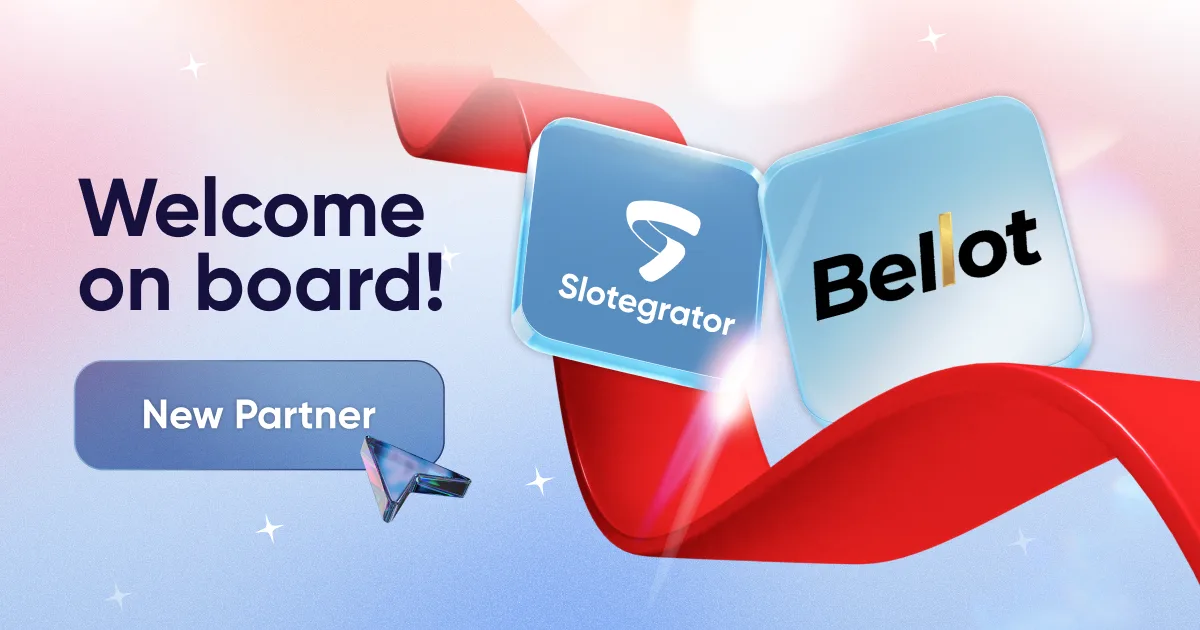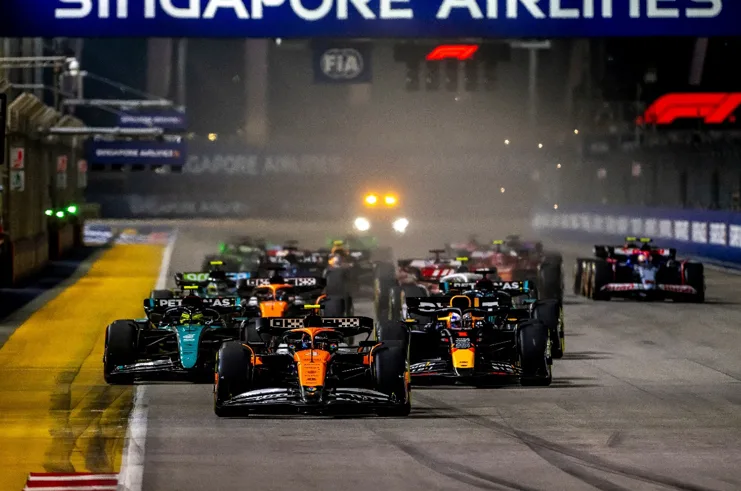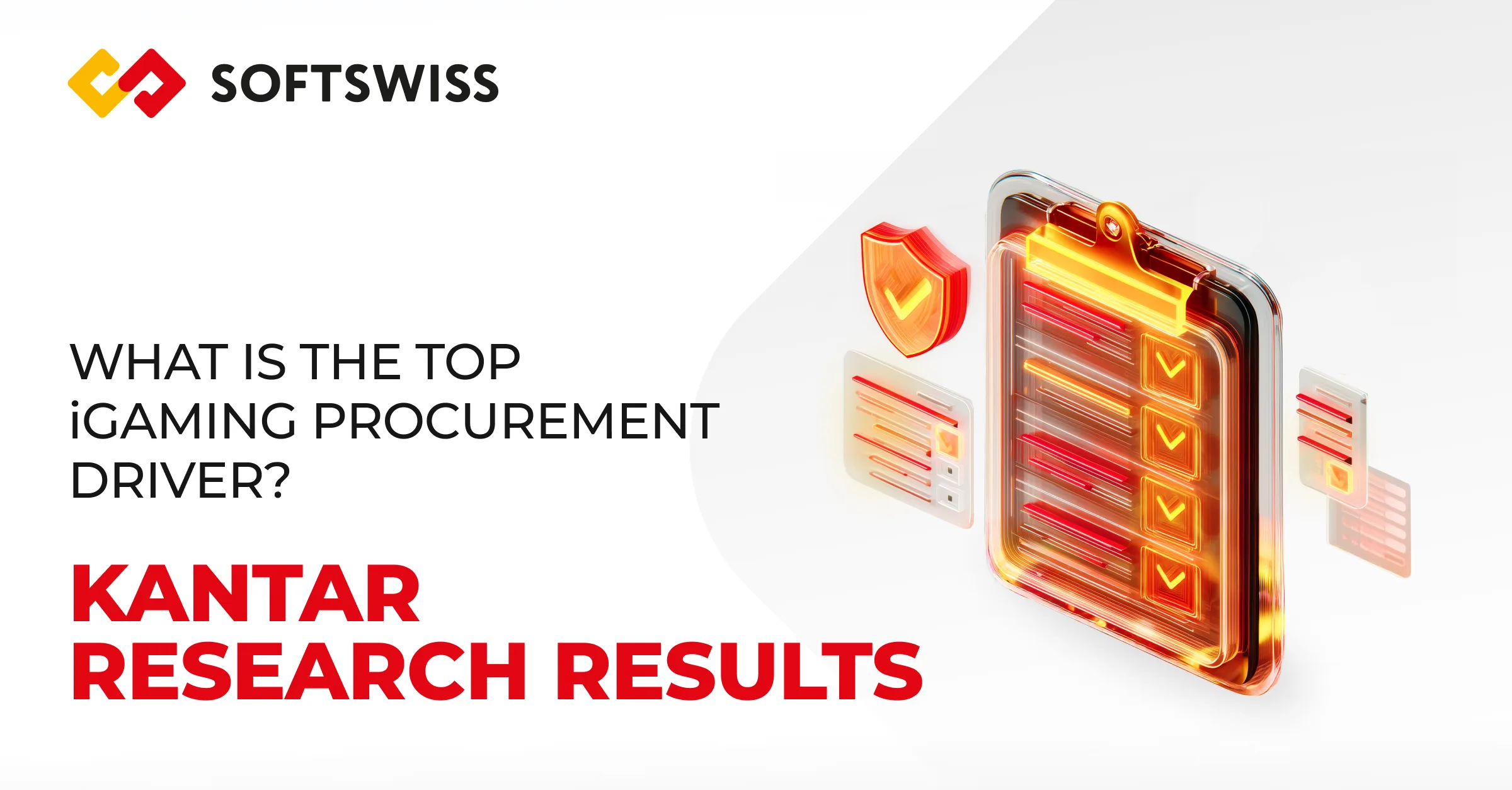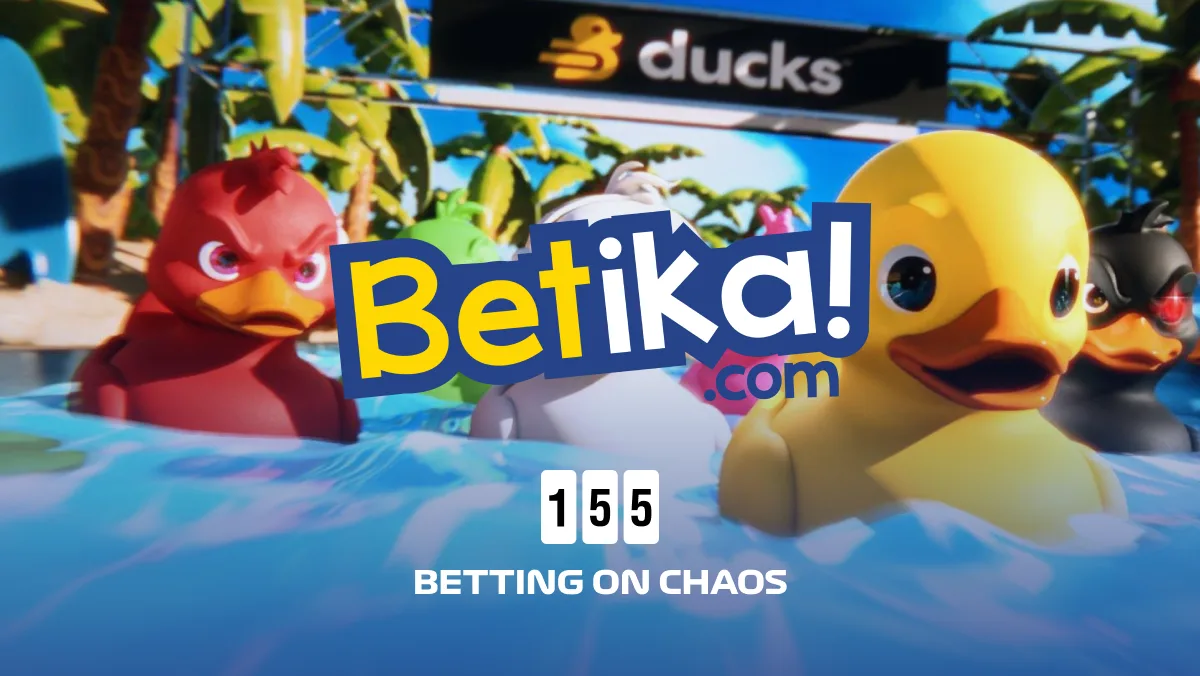Addicted players are more likely to get a refund for their losses than ever before.
German players who have lost money online now have a new opportunity to recover those funds without any upfront costs. Additionally, this practice may expand to other regions, according to recent developments.
Will the new initiative increase the chances of addicted players receiving refunds?
Matej, Head of Complaints at Casinoguru, and Michael, Editor-in-Chief of Malta Media, are sharing their perspectives.
Introduction
Gambling addiction can be seen as an Achilles’ heel for many gambling operators lacking clear or robust responsible gaming (RG) policies. Increasingly, players are claiming refunds, identifying themselves as addicted individuals who did not have the necessary tools to restrict their gambling activities. They are turning to third-party platforms, such as Askgamblers and Casinoguru, whose primary goal is to hold casinos accountable for ensuring that gambling remains fair and safe for players.
The outcomes of these disputes significantly impact operators’ overall safety and reputation, which are crucial for attracting new customers.
Self Exclusion
According to Casinoguru, around 97% of all active operators offer some form of self-exclusion. However, the implementation and conditions of these policies vary widely from one operator to another.
Roughly 50% of operators provide self-exclusion options through account settings. This method is less frictional and more time-efficient, leading to higher success rates.
The duration for which a player can self-exclude using any of the self-exclusion tools is a critical factor when addressing complaints. Extended self-exclusion periods may result in further player losses; thus, the self-exclusion process should be executed without delays. Unreasonable extensions or delays can lead to player complaints and requests for refunds.
In cases where operators cannot provide a solid explanation, they risk decreased ratings and heightened potential reputation risks in the future.
We spoke with Matej, Head of Complaints at Casinoguru, about today’s responsible gaming practices and sought advice for sports and casino operators.
Based on your experience, what responsible gaming practices are currently the most effective?
Panic buttons and limits are effective tools that players appreciate. These features also benefit casinos, as they are not absolute measures. They allow players to manage their urges and instill a sense of confidence, even in non-problematic players.
How can brands using White-Label Solutions address issues related to responsible gaming if they can’t directly influence their providers’ practices?
If a casino disagrees with its platform’s responsible gaming (RG) policy, it can either switch platforms or utilize third-party RG tools. While some platforms offer robust RG options, others may lack these tools. Another approach is to collaborate with other casinos on the same platform to implement necessary changes.
What advice would you give to operators managing gambling addiction complaints on Casinoguru?
We maintain a strict policy on RG. Operators often rely on support to assess player issues, which may not always be ideal. We recommend that operators provide players with access to RG tools and self-exclusion (SE) options in their accounts, allowing them to choose when and how to use these resources. This approach is crucial in preventing the misuse of RG policies for unfair advantage.
How do you evaluate the progress of responsible gaming initiatives from a legal perspective? Are these practices keeping pace with the needs of players, and are there sufficient opportunities for players to access support?
Unfortunately, there is a lack of cooperation among regulators from a legal standpoint. While valuable tools exist, the failure to share approaches creates gaps in the law and leads to confusion in cross-jurisdictional matters. Much more could be done to support players effectively.
Malta-Media’s Contribution
Recently, Malta-Media posted an update on their discussions with lawyers in several countries to initiate refund proceedings that could lead to class action lawsuits.
“Our trusted legal partners provide a free consultation to review your case, so you can find out if you’re eligible for a refund without taking any financial risks. The process begins with a professional evaluation of your situation, and they will assist you in taking the necessary steps, such as requesting essential documents from the gambling provider if needed,” as mentioned in a recent article.
We addressed a few questions to Michael Schmitt, Editor-in-Chief of Malta-Media:
Could you briefly describe Malta Media? What role does Malta Media play in supporting players of gambling platforms, and how did the initiative begin?
Malta Media is a digital agency that caters to the thriving industries of iGaming and Financial Services on the island. Our team collectively possesses many years of experience delivering successful digital marketing projects.
Our mission is straightforward: to sanitize the online gambling landscape by shedding light on deceitful practices and assisting those who have been misled into losing their money.
This initiative began because we saw too many unchecked wrongdoings in online gambling. We’ve built a strong network of support, backed by experienced legal minds, as demonstrated in our latest piece for our German players.
Many online gambling operators are licensed in Curaçao, Anjouan, and Malta. Can players on platforms with these licenses now request a refund for money spent on the site?
If players have ever used gambling sites licensed in Curaçao, Anjouan, or Malta and believe that those operators have not adhered to the rules, they may have a chance to get their money back. Malta-Media is continually investigating these cases and collaborating with legal experts to help players understand their rights and the legal steps they can take to reclaim their funds.
The new initiative has the potential to simplify the process for players struggling with gambling addiction to recover their losses. Will players suffering from gambling addiction be able to seek assistance from your platform in reclaiming funds?
While Malta-Media doesn’t directly help with recovering gambling losses, we have partners who can initiate a no-cost initial assessment. They are highly skilled at guiding players through the process, helping them collect the necessary paperwork, and, if necessary, obtaining the right legal assistance.
“Though we’re here to provide insights, not direct legal advice, these efforts are part of how we look after gamers and advocate for responsible gaming,” comments Michael.
Reputation Management
All in all, operators should recognize that responsible gaming (RG) is a driving force behind player support. Staying updated on responsible gaming practices can provide valuable insights into the dos and don’ts when working with addicted players.
Gambling addiction (GA) is an issue that stands out from many other customer complaints and demands a proactive approach and legal awareness. Effectively managing GA cases is a strong indicator of a company’s commitment to safety and reliability, and it deserves closer scrutiny from management teams.
Read More: What Is an Offer in Affiliate Marketing













